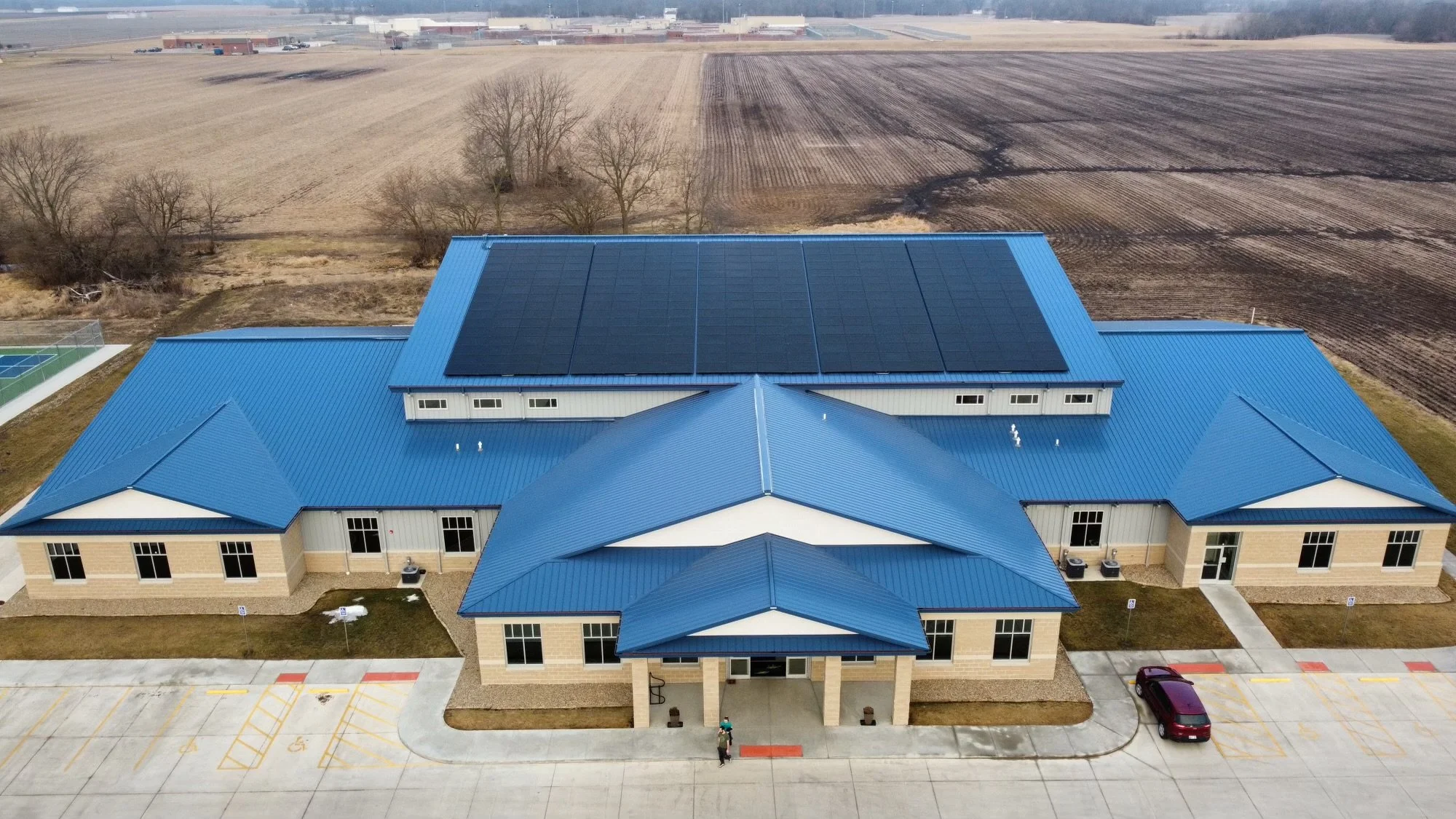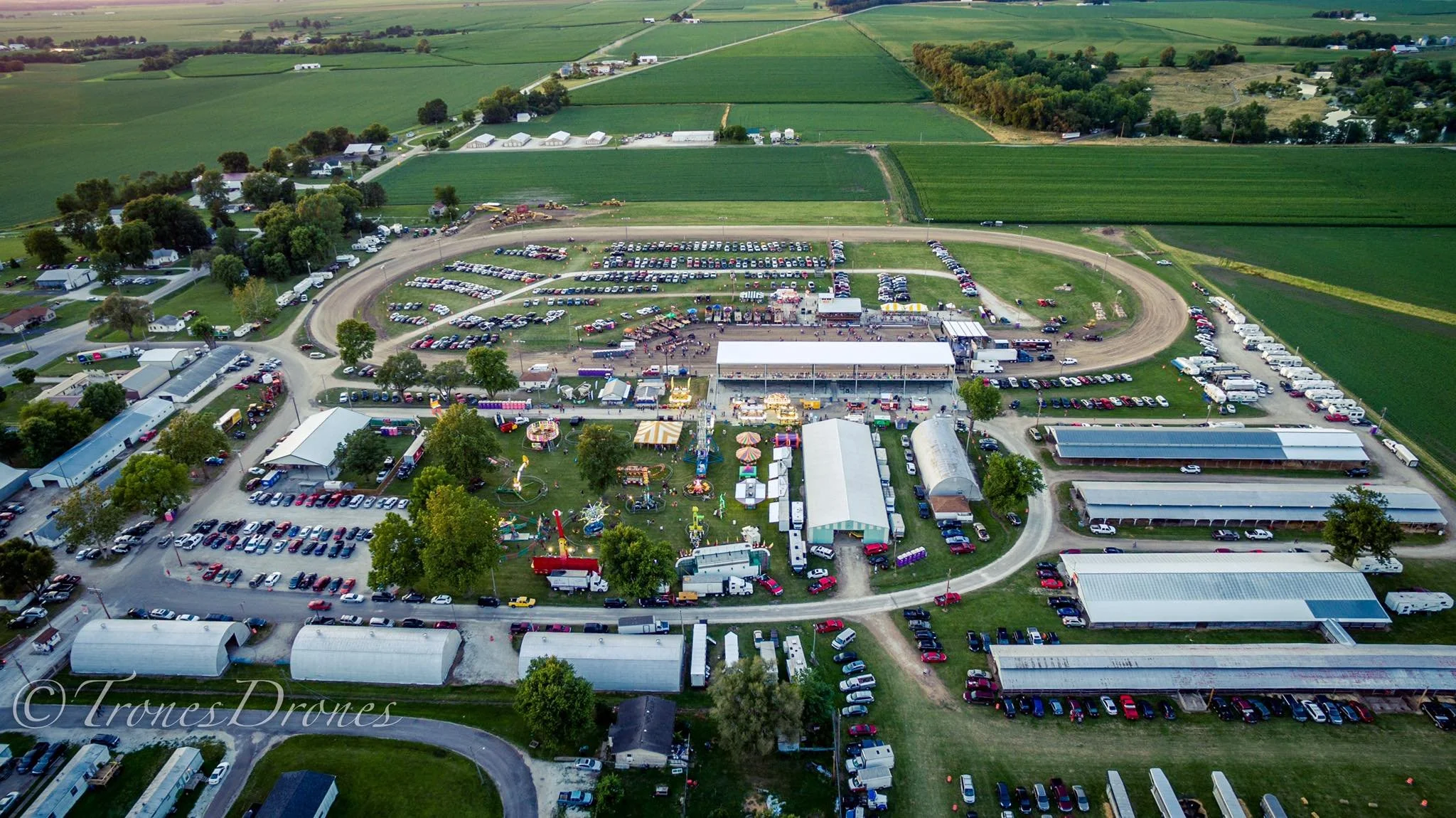
Schuyler County Attractions
-

Princess Theater
Located at 116 East Lafayette Street, this movie theater is a historic entertainment venue in Rushville. First constructed in 1916, the theater has been fully restored to its original condition and continues as a cultural hub for the community. Weekly showings consist of new film releases and vintage special event films. A past recipient of the Governor’s Hometown Award, the theatre is operated entirely by community volunteers. Its charming atmosphere and historic significance make it a beloved destination for residents and visitors alike.
-

Phoenix Opera House
Situated on the south side of the town square, this beautifully restored 19th-century building hosts a variety of cultural events, including theatrical performances, concerts, and community gatherings. This venue plays a vital role in preserving the artistic and cultural heritage of Rushville.
-

Rushville Fitness and Community Center
The state-of-the-art fitness facility an energetic place of activity and community engagement. The 10,000 square foot facility features two basketball courts, a walking track, 24-hour fitness room, swimming pool, group fitness session rooms, and community gathering spaces. It is an important complement to the community landscape for residents and visitors alike.
-

Schuyler County Fair Grounds
The site of the annual county fair, which includes agricultural exhibits, livestock shows, carnival rides, and various entertainment events. An active volunteer board of directors operates an engaging, well-run, and well attended fair each summer during the Fourth-of-July holiday highlighted by a headline county music artist each year. The fairgrounds serve as a central gathering place for community celebrations and events throughout the year.
-

Schuyler Jail Museum and Genealogical Center
Located at 200 South Congress Street in Rushville, this historic building was originally constructed in 1857 as the county jail. This facility, which replaced earlier jails built in 1827 and 1838, features a stone structure with eight cells and an attached brick residence for the jailer. Today, the museum preserves local history with exhibits focused on pioneer and farm life, and offers extensive genealogical resources, including census records, cemetery records, and old newspapers. The museum is open to the public and is run entirely by volunteers.
